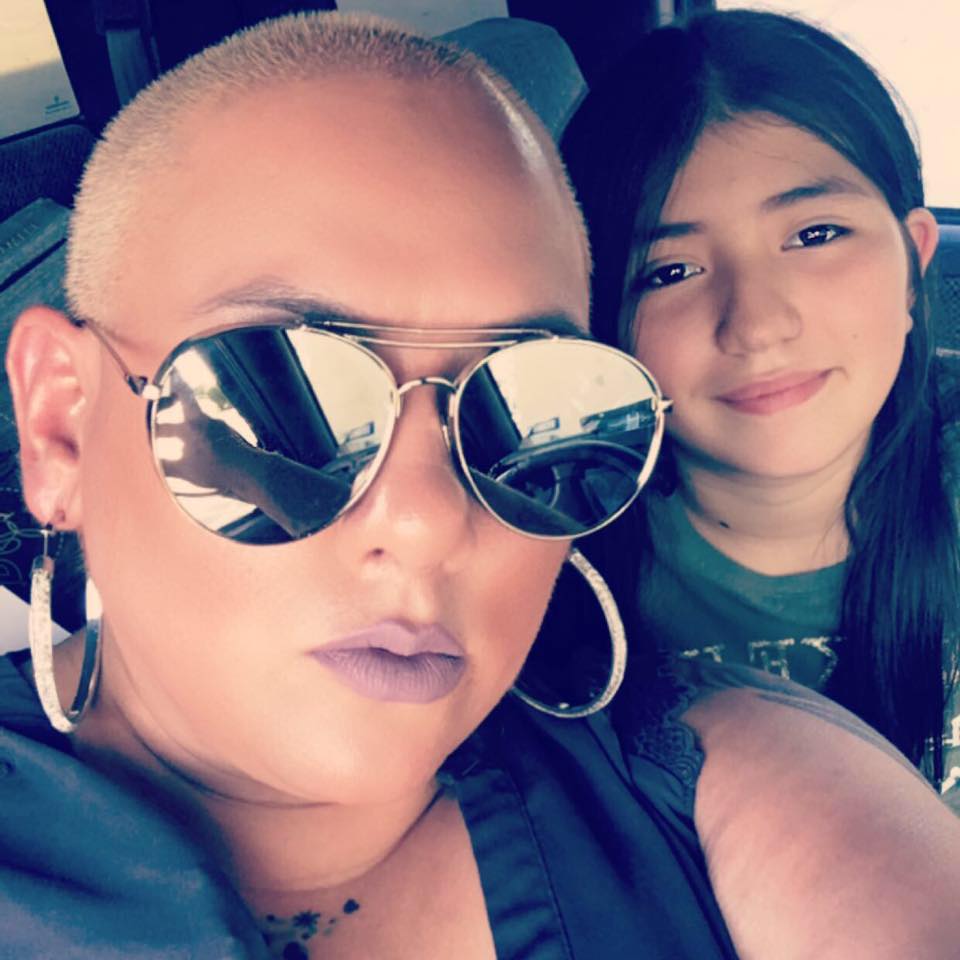Priscilla “La Gordiloca” Villarreal is the most prominent journalist in Laredo. She may be the most followed reporter in all of Texas. She has published scores of exclusives, including articles on public corruption and misconduct.
But Villarreal doesn’t write for a newspaper or report for a TV station. A 10th-grade dropout, she is a 36-year-old crime reporter whose work can only be found on Facebook, where she has nearly 200,000 followers. Laredo’s population is only 260,000.

Followers of Villarreal’s police and fire coverage love her livestreaming videos of car crashes, crime scenes and fires. Her coverage combines facts, commentary and a splash of profanity in Spanglish. Featured in a New York Times article in 2019, Villarreal is the definition of a muckraker.
Laredo police and prosecutors, however, are not big fans.
But they just might become Villarreal’s biggest financial supporter.
The U.S. Court of Appeals for the Fifth Circuit issued an opinion last week that reinstated Villarreal’s civil rights lawsuit against the Laredo Police Department for illegally arresting the journalist in 2017.
Laredo police and prosecutors charged Villarreal with violating a Texas law – Texas Penal Code 39.06 – that makes it illegal “to solicit or receive from a public servant information … that has not been made public.” The reporter asked questions about a traffic fatality and the suicide of a U.S. Border Patrol officer and then published the information on her Facebook page.
Villarreal immediately turned herself in to authorities. She was handcuffed as police officers took personal photographs of her and mocked her.
A Texas judge tossed the charges, but Villarreal sued Laredo officials in federal court, alleging a pattern of conduct that violated her First, Fourth and 14th Amendment rights, and she sought damages.
The federal judge tossed Villarreal’s complaint, ruling that the officers and the police department have qualified immunity. Villarreal, who is represented by Austin lawyer JT Morris, appealed.
In a 21-page opinion issued Nov. 1, a three-judge panel reversed the lower court and sent the case back to the trial court to proceed.
“If the First Amendment means anything, it surely means that a citizen journalist has the right to ask a public official a question, without fear of being imprisoned,” Circuit Judge James Ho wrote in the majority opinion, which was joined by Judge James Graves Jr. “Yet that is exactly what happened here: Priscilla Villarreal was put in jail for asking a police officer a question.
“If that is not an obvious violation of the Constitution, it’s hard to imagine what would be,” Judge Ho wrote. “And as the Supreme Court has repeatedly held, public officials are not entitled to qualified immunity for obvious violations of the Constitution.”
Judge Ho wrote that it should be “obvious to any reasonable police officer that locking up a journalist for asking a question violates the First Amendment.
“Indeed, even Captain Lorenzo, the stubborn police chief in Die Hard 2, acknowledged: ‘Now personally, I’d like to lock every [expletive] reporter out of the airport. But then they’d just pull that ‘freedom of speech’ [expletive] on us and the ACLU would be all over us.’ Captain Lorenzo understood this. The officers in Laredo should have, too,” Judge Ho opined.
Chief Judge Priscilla Owen, according to the majority opinion, dissented from their decision and plans to issue her own written opinion in the future.
Judge Ho said the doctrine of qualified immunity “does not always require the plaintiff to cite binding case law involving identical facts.” He said officials who commit “patently obvious” violations of the Constitution are not entitled to qualified immunity.
Judge Ho, a Trump appointee, said it is “hard to imagine a more textbook violation of the First Amendment.”
“If the freedom of speech secured by the First Amendment includes the right to curse at a public official, then it surely includes the right to politely ask that official a few questions as well,” the judge wrote, referring to the U.S. Supreme Court’s decision in Chaplinsky v. New Hampshire.
The citation is Villarreal v. City of Laredo, 20-40359 (5th Cir. Nov. 1, 2021).
